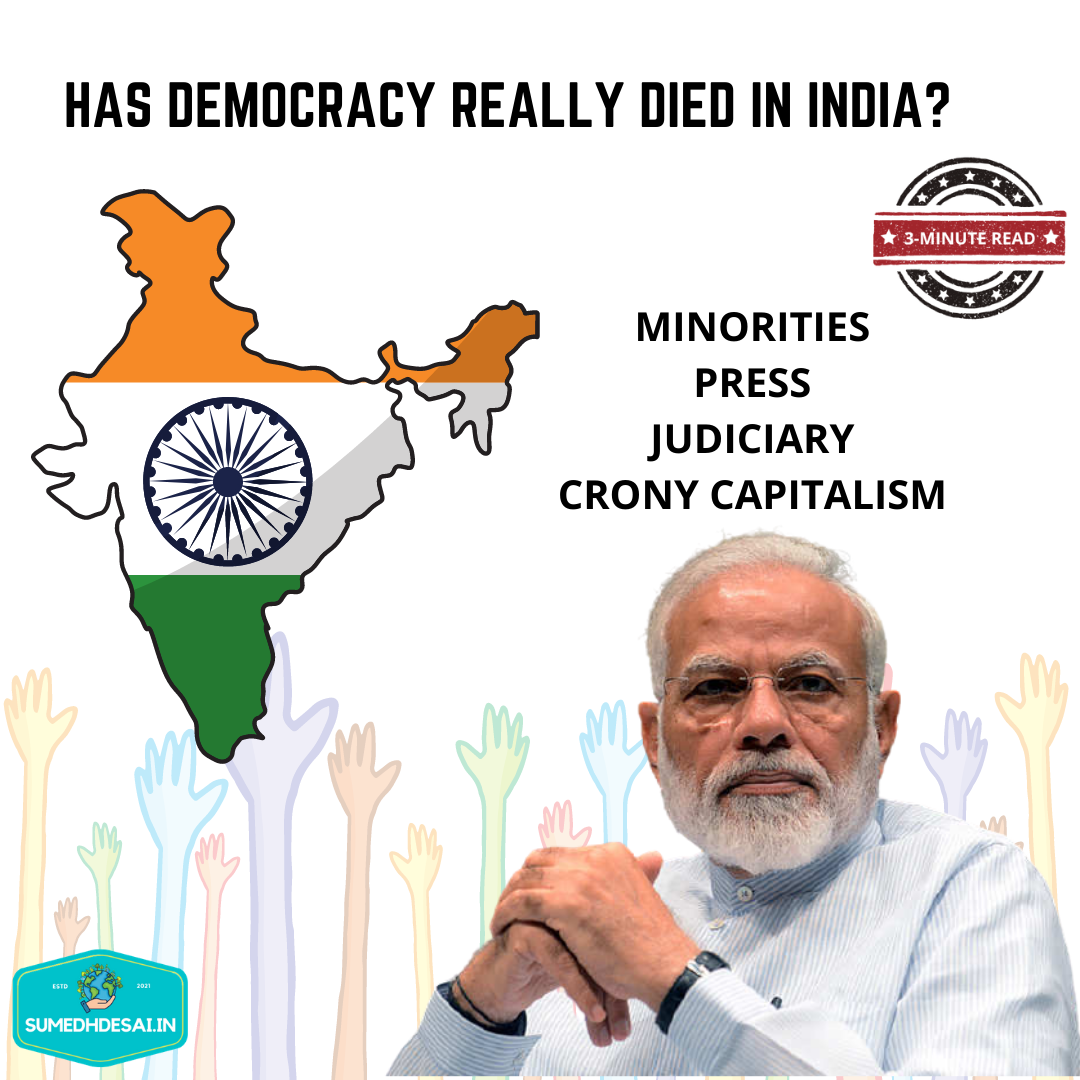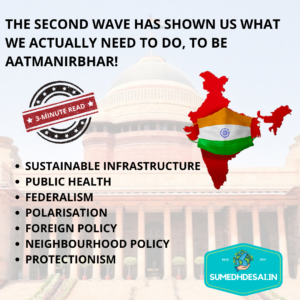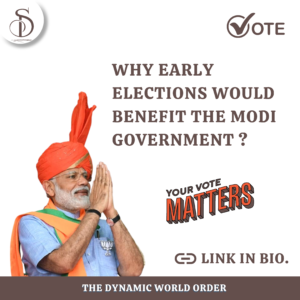There is a new rhetoric on social media these days – “Death of Democracy in India”.
The Opposition has resorted to this narrative to combat the nationwide expansion of BJP. The real question here is “Has Democracy really died in India and if yes, how?” When we look at all the Prime Minister to serve India, we find that only 4 PMs have served the office twice in consecutive terms. Jawahar Lal Nehru, Indira Gandhi, Dr. Manmohan Singh & Narendra Modi make it to the list. However, if we want to understand the prominence of today’s India under PM Modi, we need to evaluate certain things that stops us from reaching to a consensus that Democracy is not being killed in India.
First of all, the over-emphasis of Social Media activists on “Freedom of Press” is really important to understand. Media has always been seen as the 4th pillar of a Democracy. I would rather resort to a conclusion that what we experience in today’s time is “Polarisation of Press”. Ever since Social Media giants have taken over as non-state actors influencing the decisions of the State, there has been this debate of how far can you afford your 4th pillar to be polarized? Social Media Polarisation is common in all Democracies across the Globe as we have witnessed in the 2016 US Presidential Elections. The real threat to Media was experienced during the 1970s. First with the ‘Newsprint Regulation Policy of 1973’ and then with the imposition of Emergency in 1975. These dark moments are seen as more dangerous attempts on banning the Media. History is the witness to how popular leaders have controlled Media to keep their Power intact.
Judiciary is considered to be the 3rd pillar of Democracy. There have been narratives floating that Executive is encroaching within the territory of Judiciary, whereas there have been evidences of the reverse of it happening (as recent as the Honourable Supreme Court’s stay on Farm Laws). The debate that Minorities are not able to seek justice contradicts itself with the Triple Talaq & Ayodhya Temple cases. Executive has only taken any assertive action once the Judiciary has given their judgements.
The debate about Minorities expands to another field – “Religious Nationalism”. Now BJP has built a big base around its Hindu voters. This makes me wonder that what did the makers of our constitution think of this scenario. Somebody would have imagined the rise of a Party which would fit in the boxes of over 75% of the population, just on the grounds of their religion. The fact that Minority votes are not dominating the larger picture of National Politics becomes another debate of opinions. The enormous hold BJP handles over its Hindu Nationalism is something which is giving sleepless nights to parties which had time to change its policies towards Hindu community, but they didn’t because of appeasement policies.
“Crony Capitalism” or what Rahul Gandhi likes to call “Suit Boot ki Sarkar” is not a new concept in the World of Politics. India might not have Oligarchs like Russia, but India too understands the importance of Business Houses. This is not something that India has adopted since the last 7 years. Back then, we had Birla & Tata and today we have Ambani & Adani. At the end of the day, you need big Business Houses to push huge investments into the Economy. The more the growth, the lesser the inequality.
The special emphasis of Government of India on “Easy of living” has to be appreciated. People sitting at their home, having a nice meal and using uninterrupted Internet facilities to critcise the Government will not be able to understand the importance of “Housing For All” or “Ujjwala Yojana”. The best part about the Government is that all social welfare schemes & programs are extended to all the beneficiaries, irrespective of their religion, gender, caste or race. A poor is treated as a poor and given social security no matter what faith he/she follows.
For a Democracy of 1.3 billion people to survive, it needs two important things.
- People in Power to shred off Policy Paralysis & showcase Political Will.
- People in Opposition to focus on Developmental Politics rather than instigating communal harmony of the country.
Imagine paying huge taxes and realizing that People in Power have consumed your earnings. For a Real Nationalist, a corrupt-free Governance is the only parameter to judge the Government.




